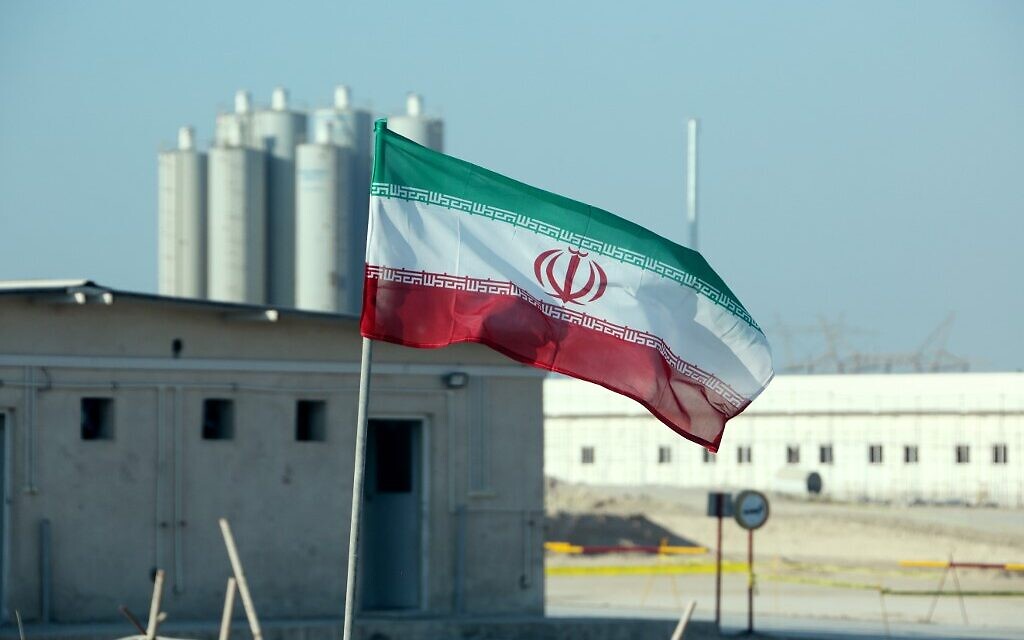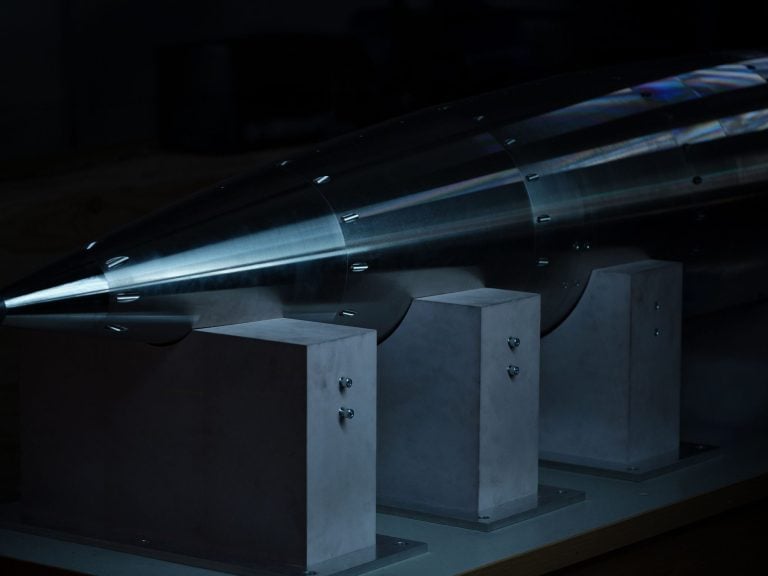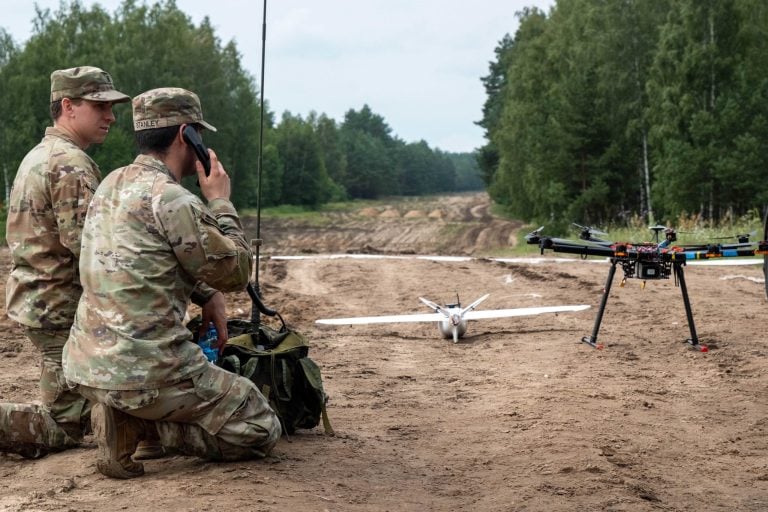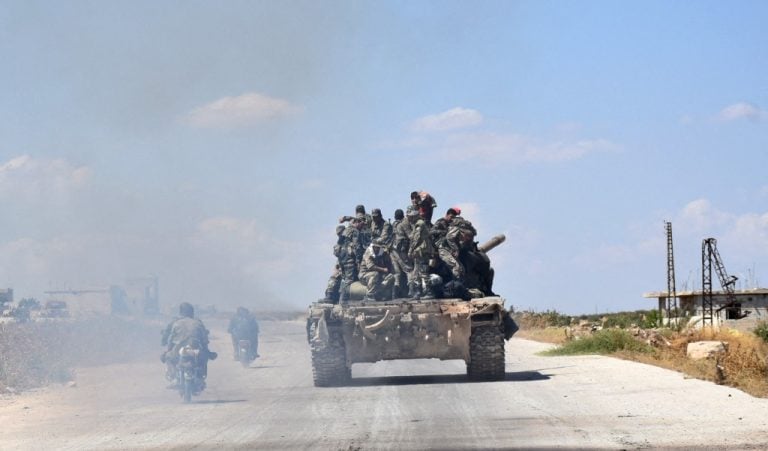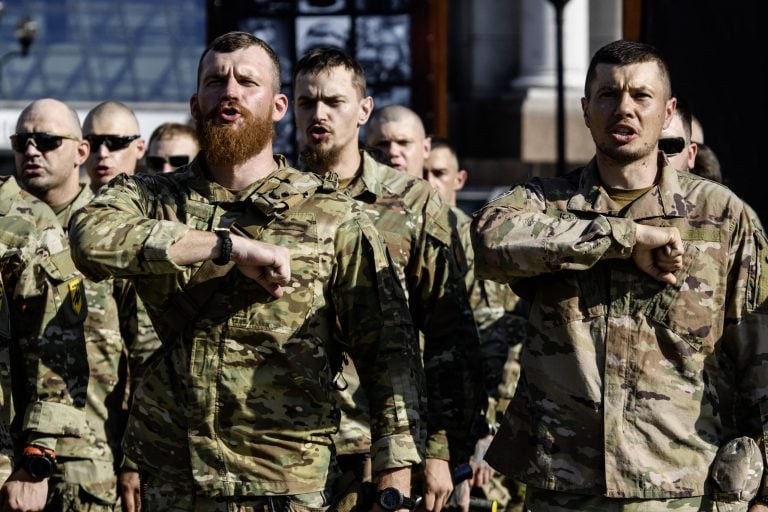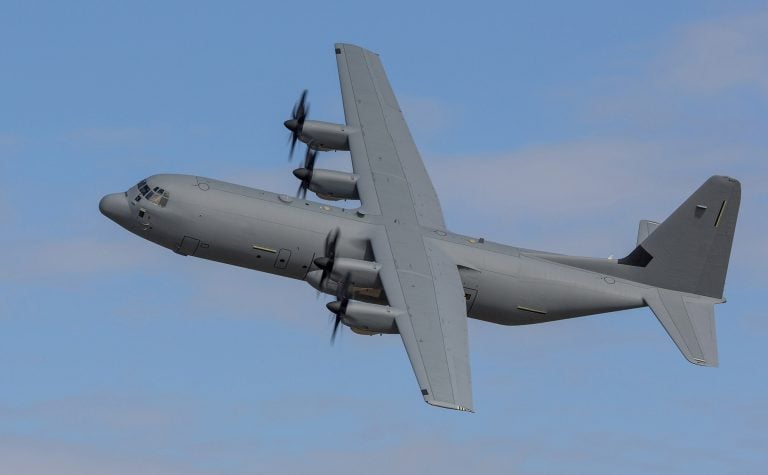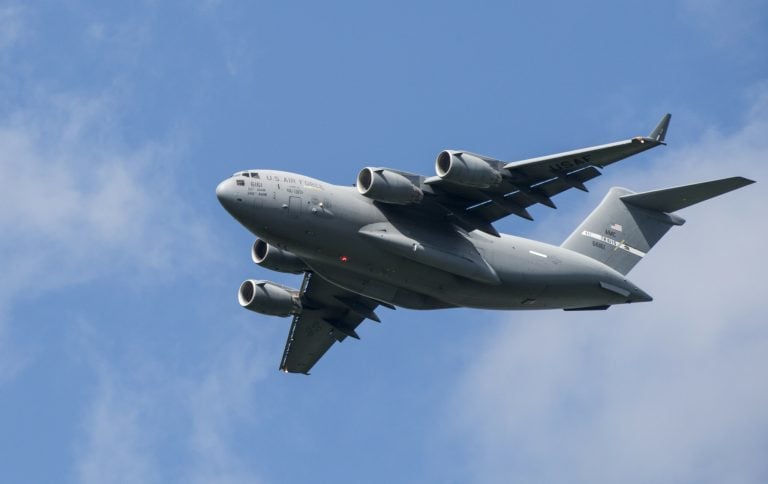Iran has officially suspended its cooperation with the International Atomic Energy Agency (IAEA), a decision that has been met with significant criticism from the United States. The move comes in the wake of a recent conflict between Iran and Israel, which escalated tensions and included unprecedented military strikes on Iranian nuclear facilities by Israel and its ally, the United States.
The suspension of cooperation was enacted following a vote by Iranian lawmakers on June 25, shortly after a ceasefire began. State media confirmed that the legislation, which aims to affirm Iran’s rights under the nuclear Non-Proliferation Treaty with a particular emphasis on uranium enrichment, has now taken effect. The law’s proponents assert that it provides necessary support for Iran’s nuclear pursuits amidst external pressures.
U.S. State Department spokesperson Tammy Bruce condemned Iran’s decision, labeling it “unacceptable.” She emphasized that the timing of the suspension is particularly concerning, as it comes at a moment when Iran supposedly has an opportunity to pursue a more peaceful path. The international community is watching closely as the IAEA has had access to Iran’s declared nuclear sites, but the future of that access now remains uncertain.
Following the military actions against Iran, the Pentagon assessed that these strikes have potentially set back Iran’s nuclear program by one to two years. Pentagon spokesman Sean Parnell stated that the intelligence assessments within the Defense Department suggest significant degradation of Iran’s nuclear capabilities as a result of the strikes.
Iranian UN Ambassador Amir Saeid Iravani confirmed that while IAEA inspectors remain in Iran, their activities have been suspended. He stressed that there have been no threats against the inspectors, but their access to nuclear facilities has been limited and now requires approval from Iran’s Supreme National Security Council.
The legislation passed by Iran’s parliament also implies potential restrictions on IAEA surveillance equipment in nuclear sites. The Guardian Council has endorsed the law, and President Masoud Pezeshkian has formally enacted it. The Israeli government responded swiftly, with Foreign Minister Gideon Saar urging European signatories of the 2015 nuclear deal to reinstate UN sanctions on Iran through the “snapback” mechanism, which is due to expire in October. This mechanism was part of the now-collapsed nuclear accord, following the U.S. withdrawal in 2018.
The tensions have been further exacerbated by accusations from Iranian officials directed at IAEA chief Rafael Grossi. They claim that Grossi has facilitated the justification for Israel’s military actions through his reports, which they label as “deceptive” and “fraudulent.”
The impact of the recent conflict has been severe, with more than 900 reported fatalities in Iran, including high-profile military commanders and nuclear scientists. Iranian retaliatory actions have also resulted in casualties in Israel. The situation remains volatile as Iran and Israel continue to engage in a war of words and military preparations.
As Iran navigates this new chapter in its nuclear stance, analysts warn that the escalation could further complicate international diplomatic relations and security in an already tense region.
